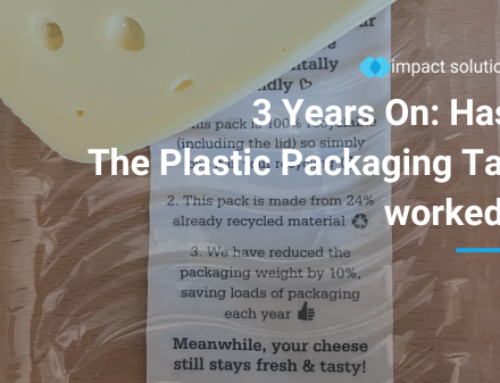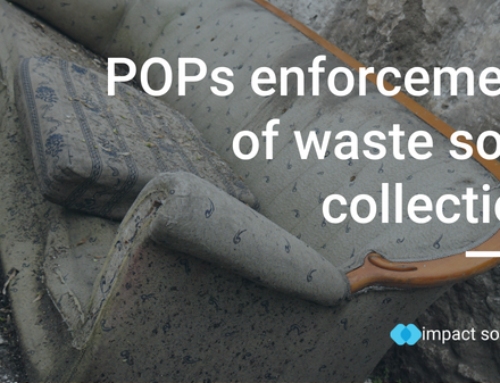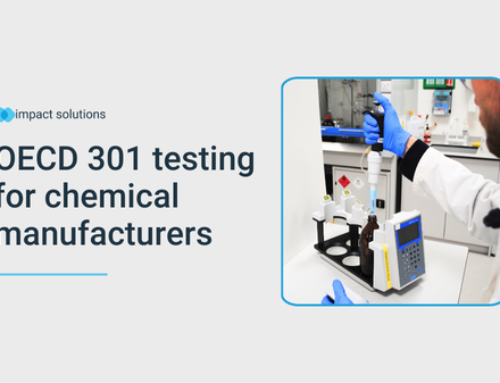BS EN 13432 Certification, testing and assessment
With environmental issues being a hot topic, resource and waste management becomes important for policymakers and governments. The main attention has been recently turned on the single-use plastics and their effect on the environment. The UK and EU adopted the BS EN 13432 standard as a means to determine the compostability and anaerobic treatability of packaging materials. Bio-based materials i.e. Bioplastics have been becoming increasingly popular in packaging and other single-use applications. Bio-based materials can yield a lower carbon footprint and are based on a non-finite feedstock by closing the carbon-cycle loop already existing in nature.
However, they must fulfil certain criteria to be successful, that is, to be able to biodegrade, either in industrial scale through the organic management system already in place (Anaerobic digestion), wastewater treatment (Aerobic), large scale composting, or through backyard composting (soil composting), or even in a marine environment and pose no harmful/toxic effects on the environment i.e. free of heavy metals and organic contaminants. To do this, legislation and standards have been proposed and put in place by the ASTM, ISO, BS and EN bodies.
According to an HMRC report, no more than 10% of plastic packaging was effectively recovered and recycled in 2018, with the largest amount of it being landfilled and the second largest portion exported outside EU. There lies a great need for reusable, recyclable or compostable plastic packaging.
For plastic packaging to be certified as biodegradable EU and UK have adopted the BS EN 13432 standard.
This standard specifies requirements and procedures to determine the compostability and anaerobic treat-ability of packaging materials by addressing four characteristics:
- biodegradability
- disintegration during biological treatment,
- effect on the biological treatment process and
- effect on the compost quality of the resulting compost
In order to determine whether these requirements are being met, a series of different tests must be carried out.
Firstly, chemical and heavy metal analysis investigate the potential harm of the constituents of the material to the environment and identify the natural origin of materials used.
Secondly, lab scale tests on biodegradability are carried out, following already established standards, where the material undergoes intense biological treatment, simulating industrial organic waste treatment process (aerobic or anaerobic digestion conditions):
- Aerobic biodegradation:
- ISO 14855 ‘Determination of the ultimate aerobic biodegradability of plastic materials under controlled composting conditions – Method by analysis of evolved carbon dioxide.’
- ISO 14852 ‘Determination of the ultimate aerobic biodegradability of plastic materials in an aqueous medium – Method by analysis of evolved carbon dioxide.’
- ISO 14851 ‘Determination of the ultimate aerobic biodegradability of plastic materials in an aqueous medium – Method by measuring the oxygen demand in a closed respirometer.’
- Anaerobic biodegradation:
- ISO 15985 ‘Determination of the ultimate anaerobic biodegradation and disintegration under high-solids anaerobic-digestion conditions – Method by analysis of released biogas.’
- ISO 14853 ‘Determination of the ultimate anaerobic biodegradation of plastic materials in an aqueous system –Method by measurement of biogas production.’
- ISO 11734 ‘Evaluation of the “ultimate” anaerobic biodegradability of organic compounds in digested sludge — Method by measurement of the biogas production.’
These tests are set to provide unequivocal evidence on the biodegradability of the material.
Finally, the quality of the final compost has to be evaluated and the possible negative effects on the waste treatment process. This is done by the physical-chemical analysis of the final compost and a control plant growth test where the compost is used to study the ecotoxic effects on higher plants.
It is thus crucial for products to be tested and certified before they enter the market so as to ensure their safety and compatibility with the already existing facilities for compostable/organic waste management in the UK. By seeing the great potential for the environment and UK’s economy in bioplastics entering the market, Impact Solutions has been developing, advancing and researching tests to certify products entering, or already existing in the market according to the aforementioned standards.
Impact Solutions are set up to carry a series of Biodegradability tests offering full material analysis services: Chemical, Environmental, Elemental based on BS EN 13432 directions as well as we can accommodate all types of Lab-scale biodegradability tests both aerobic and anaerobic.
To learn more about our bio capabilities, contact a member of our team today! Feel free to also follow us on Twitter, Facebook and LinkedIn to stay up-to-date with our new developments.





